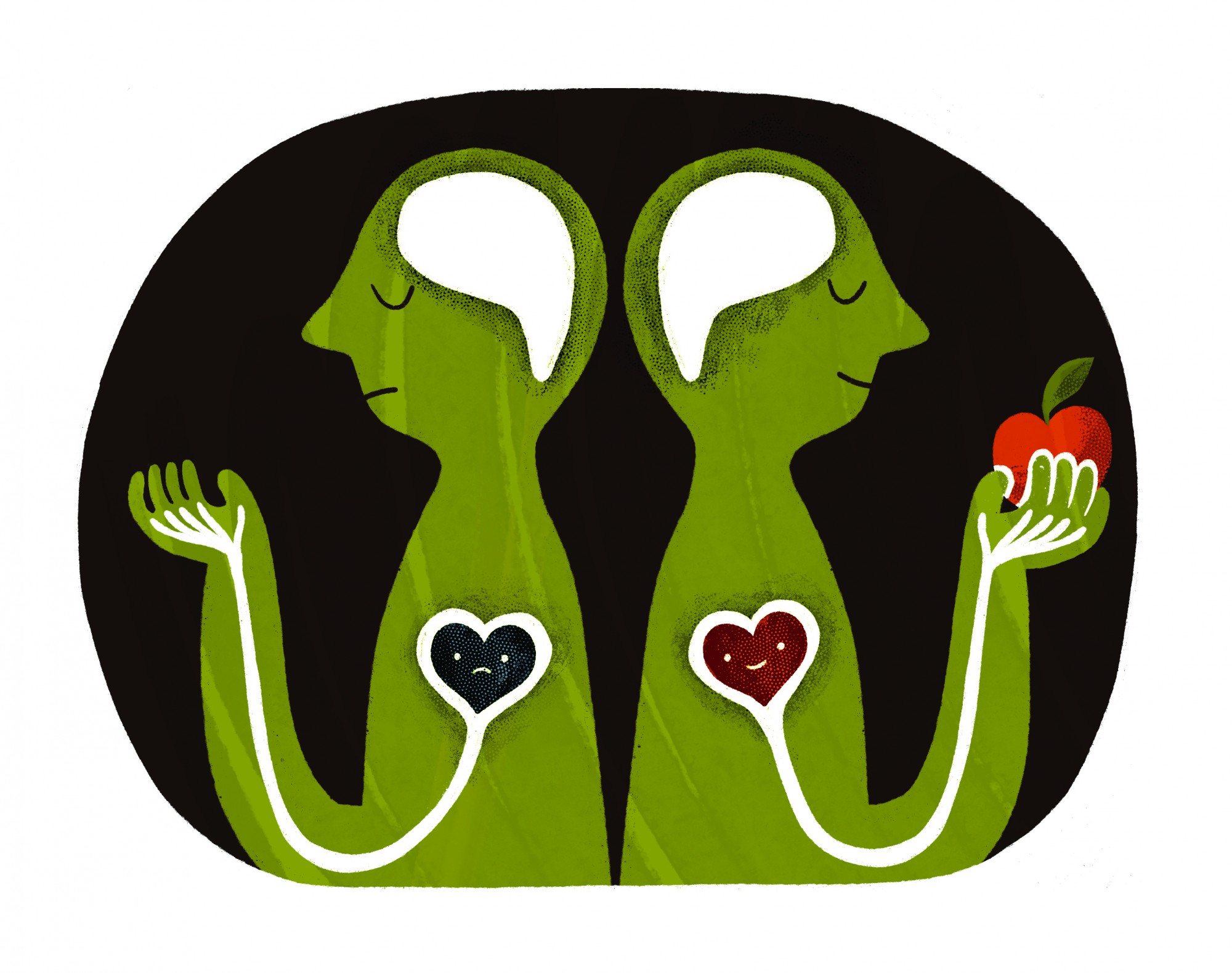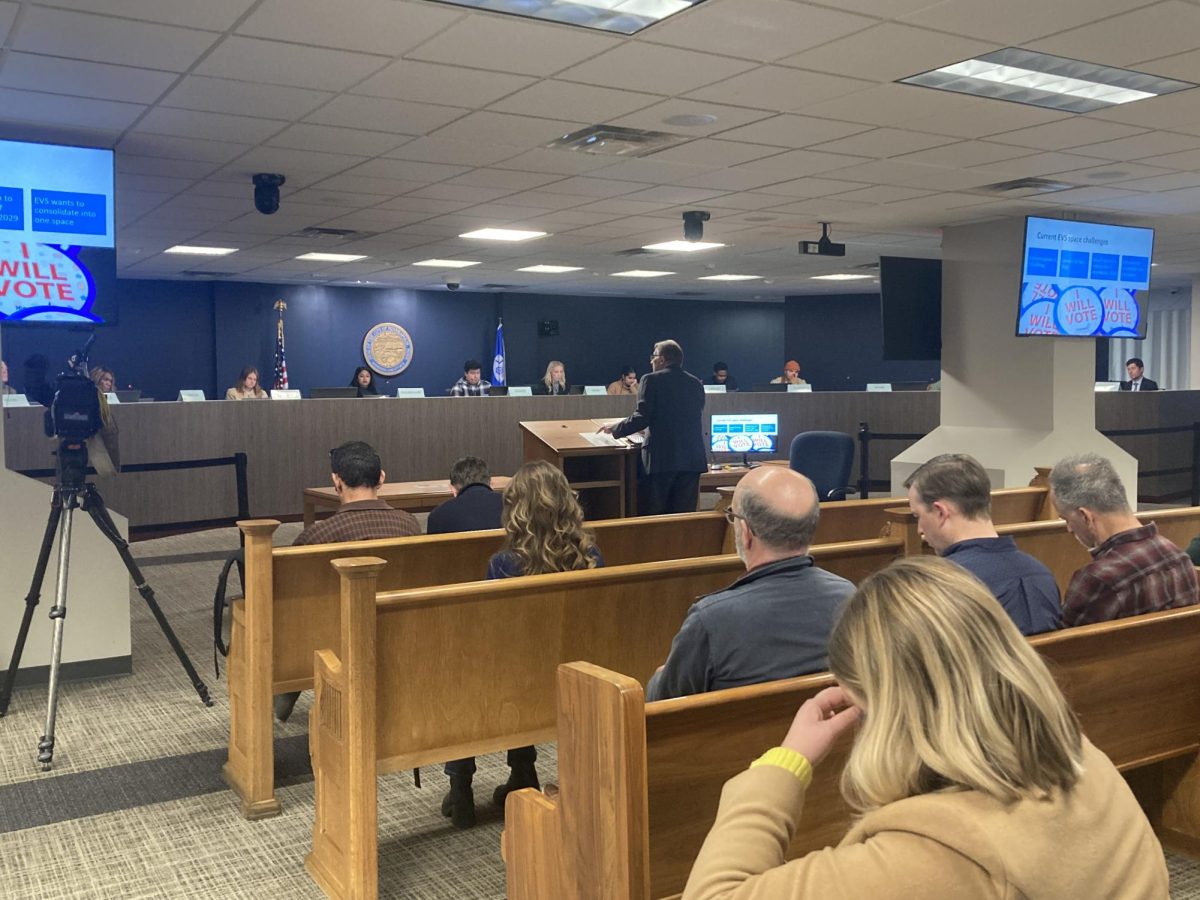M Health Fairview is now screening cardiac patients’ possible food insecurity in an effort to prevent future health issues.
If the program identifies a patient as food insecure, they are referred to Hunger Solutions Minnesota, an anti-hunger organization. There, they can access additional resources, such as food programs or a local food shelf. While this program is currently being implemented at the University of Minnesota, it will also be spread to other Fairview Health System sites.
The cardiac rehabilitation program focuses on reducing risk factors that could lead to another cardiac event, such as high cholesterol, high blood pressure, stress or a lack of exercise.
To determine if a patient is food insecure, the program uses the Hunger Vital Sign screening tool, which asks if the patient has been worried that food would run out or not last before they were able to buy more within the past year.
“It even could benefit the patient in a roundabout way, if they have extra money because of this … maybe they can afford transportation to cardiac rehab to get more health benefits,” said Whitney Quast, the cardiopulmonary rehab supervisor at M Health Fairview.
In the cardiac rehabilitation program, they educate patients on nutrition in addition to exercise, she said.
“One thing that we do know is that eating healthier helps with decreasing overall cardiac risk factors, as well as helps become more healthier in general,” said Aaron Pergolski, the system director of outpatient cardiac rehab at M Health Fairview. “We wanted to try to provide as much information and give as many resources as we can to help patients achieve that goal.”
The program looks at patients’ overall health, including their exercise history, nutrition status, psychosocial well-being and tobacco use.
“Addressing the food insecurity could really benefit the whole health picture of a person because we can talk to them about doing more exercise or quitting smoking, but if they’re feeling hungry all the time, it will limit their ability to be successful in the other categories,” Quast said.
Hunger Solutions Minnesota runs the Minnesota Food HelpLine, which is a toll-free number that patients can be referred to in the program, said Jill Westfall, the program and communications manager for Hunger Solutions Minnesota. The helpline gives information about various food and nutrition programs available to patients.
“The SNAP Rx program that we run connects people from healthcare settings to the helpline, and then the helpline takes it from there and helps individuals find the resources they need,” she said.
This connection allows Hunger Solutions to reach out to many patients who have not asked for help yet, Westfall said, for “folks who are on the edge, who may not think of themselves as being food insecure or think that they’d ever be eligible for this sort of help.”
This cardiac rehabilitation program is a part of a larger initiative at the Minnesota Department of Health to address cardiovascular disease and diabetes in innovative ways, said Sara Johnson, the clinical systems specialist in the Cardiovascular Health Unit at the Minnesota Department of Health.
Most cardiac rehabilitation programs include up to 36 one-hour sessions that address different topics including physical activity, healthy eating and nutrition, and stress management, Johnson said.
“As a healthcare provider, we know that many things impact people’s health outside of our clinic walls and addressing food insecurity [as] part of our cardiac rehab program is a great way for patients to become healthier and live a healthier lifestyle,” Pergolski said.








